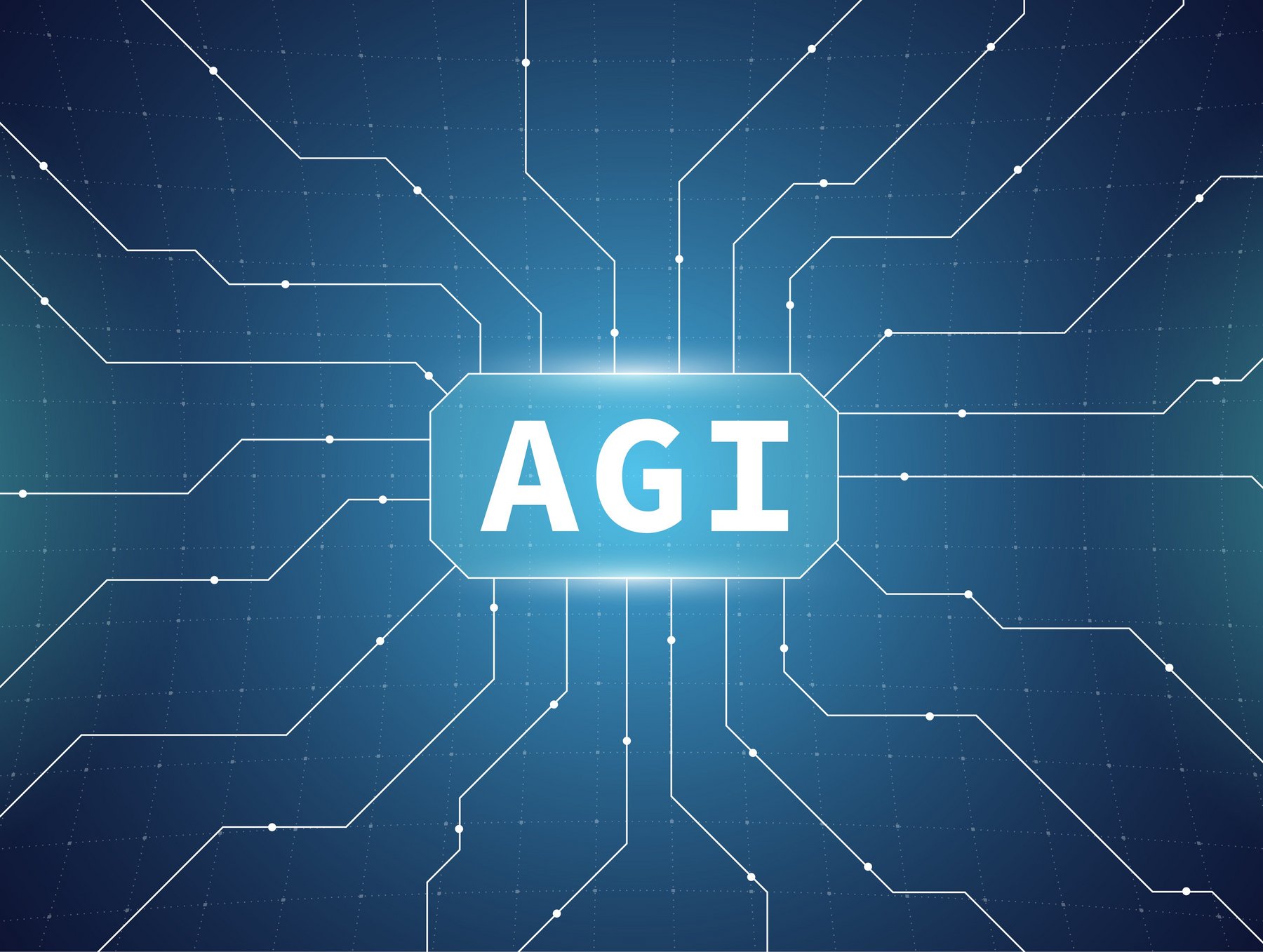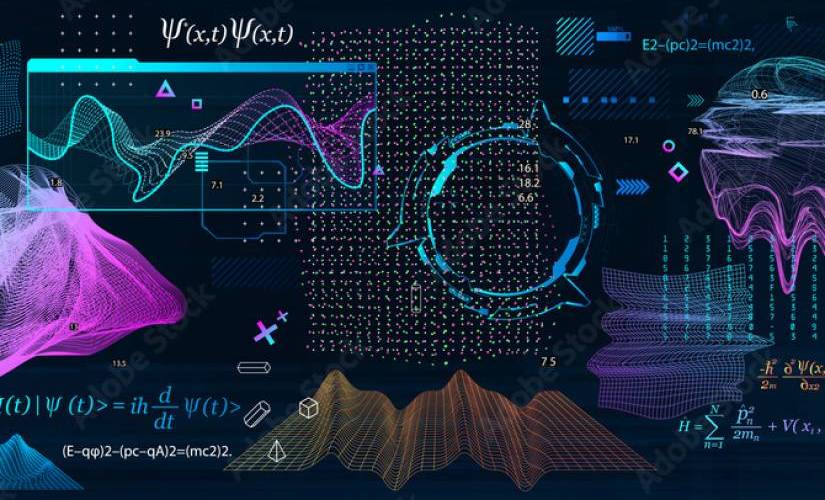AI trends are changing very often now. It is surprising how new technologies are discovered and presented every few days. People are eager to know and familiarize themselves with them. This is because businesses with data and tech strategies are eager to discover how they may take advantage of the possibilities presented by digital transformation immediately.
However, there is another more distant outlook. We think that in a decade, the AI that’s integrated into our daily lives will have advanced as much from its early days as our internet has.
AI Trends To Expect In Next Decade:
According to Mustafa Suleyman’s insightful book “The Coming Wave”, each technological revolution, from the combustion engine to the internet, has swept civilization forward at a faster pace than the one before it. Therefore, we do not think that we will have to wait thirty or even twenty years for AI to be completely integrated into every facet of life.
Instead, how about we focus on the year 2034, which is just ten years away? By the middle of the next decade, many things will have altered, but how will artificial intelligence show up?
What Is The End Of AGI?
One of the allegedly ultimate aims of AI research and development is AGI or artificial general intelligence. More specifically, it describes powerful AIs that can learn to accomplish any task given the instructions without having to be taught the specifics of how to do it. This stands in contrast to the vast majority of AI systems currently in use, which are hyper-specialized and trained to excel in just one area.
With their many uses, modern multi-modal foundation models (such as GPT-4) seem to be approaching AGI capabilities. However, humans may have achieved what is today regarded as “true” AGI by the year 2034. While this may not lead to the creation of artificially intelligent computers or robots resembling those in science fiction, it could increase the intelligence and autonomy of existing AI systems so that they can handle commonplace jobs better.

This bodes well for the future of artificial intelligence since it will be able to comprehend and carry out tasks in ways humans could never dream of before, becoming more intuitive and efficient in our daily lives at work and home.
However, there are ethical concerns associated with achieving AGI. Although this does not indicate that AI will eventually outsmart humans (that is the singularity, an entirely other phenomenon), we must nevertheless take precautions to guarantee that it is always acting in our best interests. And there must be protections for instances when its interpretation of that term differs from our own.
Quantum AI
A new era of scientific discovery and supercomputing may very well have begun by 2034, by the integration of Quantum computing and AI. For example, compared to classical computers, quantum computers might solve optimization problems much more rapidly, which is only one example of how quantum computing could significantly improve the performance of AI algorithms.
Improvements in medicine development and materials research, along with more effective route planning for delivery services like DHL, have already resulted from this. The availability of quantum computing will skyrocket in the next decade, allowing for an array of discoveries and improvements in efficiency.

Many people may be talking about the big issues that society may face as a result of quantum computing by the year 2024. The implications for encryption and security of extremely powerful computers enhanced with artificial intelligence are a particular source of worry. Their immense strength has led some to believe that we may no longer be able to protect sensitive information. By 2034, we hope people will have found solid answers to these difficulties.
Superhumans Empowered by AI
In the year 2034, would artificial intelligence have progressed to the level that we are all essentially superhumans? Right now, we’re talking about ways to enhance our talents using AI.
Artificial intelligence (AI) integrated with neural interface technology that is now being tested in humans has the potential to improve our cognitive capacities, allowing us to learn, remember, and make better judgments.
Our current level of strength and physical capability might be greatly enhanced if AI-augmented prostheses allow us to have mechanical limbs or exoskeletons. With the use of cameras and optical implants, we might be able to reverse the natural deterioration of our eyesight as we age. Furthermore, technologies that shed light on human actions and relationships have the potential to enhance our capacity for empathetic and emotional intelligence, paving the way for a deeper mutual understanding.
However, ensuring that these do not unfairly advantage the wealthy is a crucial precaution to take. The technologically privileged and the rest of society are already falling into a widening gap. Over the next decade, we must strive to find solutions that will make this technology useful for everyone, not just the wealthy or those residing in developed countries.
Automated Companions, Robots, and Co-Bots
Artificial intelligence (AI) to address challenges like balance and near-human mobility has led to significant progress in robotics in the last several years. So, it’s not out of the question that we’ll have mechanical friends with us everywhere by 2034. At that point, collaborative robots, sometimes known as co-bots, will have made their way into our private spheres as well as our workplaces, public areas, and homes. We will depend on them for assistance with domestic tasks, friendship, and support, and we will entrust them with our lives if we require surgical intervention.
Everything from delivery to fixing roads and building things will be a piece of cake for robots. In regions where the population is getting old in years, they will be vital in keeping us secure and healthy at home. They will interact with us, pick up on our traits, and form their own identities thanks to natural language processing technologies. Because of this, we may end up relating to them in a manner distinct from how we have interacted with previous technology.
Their assimilation into society could potentially emerge as a paramount concern within the next decade. Is there a safe level of independence to offer them? Is there a certain boundary we must not cross in terms of ethics while dealing with intelligent beings? Even ones that we have invented? Working as tools and assets?
AI in the Public Sector and the Police Force
Artificial intelligence (AI) could be deeply embedded in the systems that oversee government and the legal system by the year 2034. Would this imply that our next prime minister will be an AI who outperforms humans in terms of leadership? You may say it’s the worst possible situation, depending on your opinions on politics. However, in a decade from now, we do not believe humanity will be prepared for governance by AI.
We predict that smart governance technologies will be more deeply integrated into administration. This will make it easier to manage garbage collection routes, issue licenses and permits, make choices about urban planning, and provide valued, individualized services to every resident.
Artificial intelligence (AI) could be deeply embedded in the systems that oversee government, and the Legislators and policymakers will utilize AI to gauge public sentiment and base their priorities accordingly. To tackle any problems in the future, it will foresee them and provide solutions. In the same way, law enforcement agencies frequently employ predictive analytics to identify hotspots for criminal activity and potential offenders. In 2034, when it’s hard to escape leaving a digital trace no matter where you go and when we’re all under increased monitoring by law enforcement and government equipment, these features will be a big part of the conversation.




